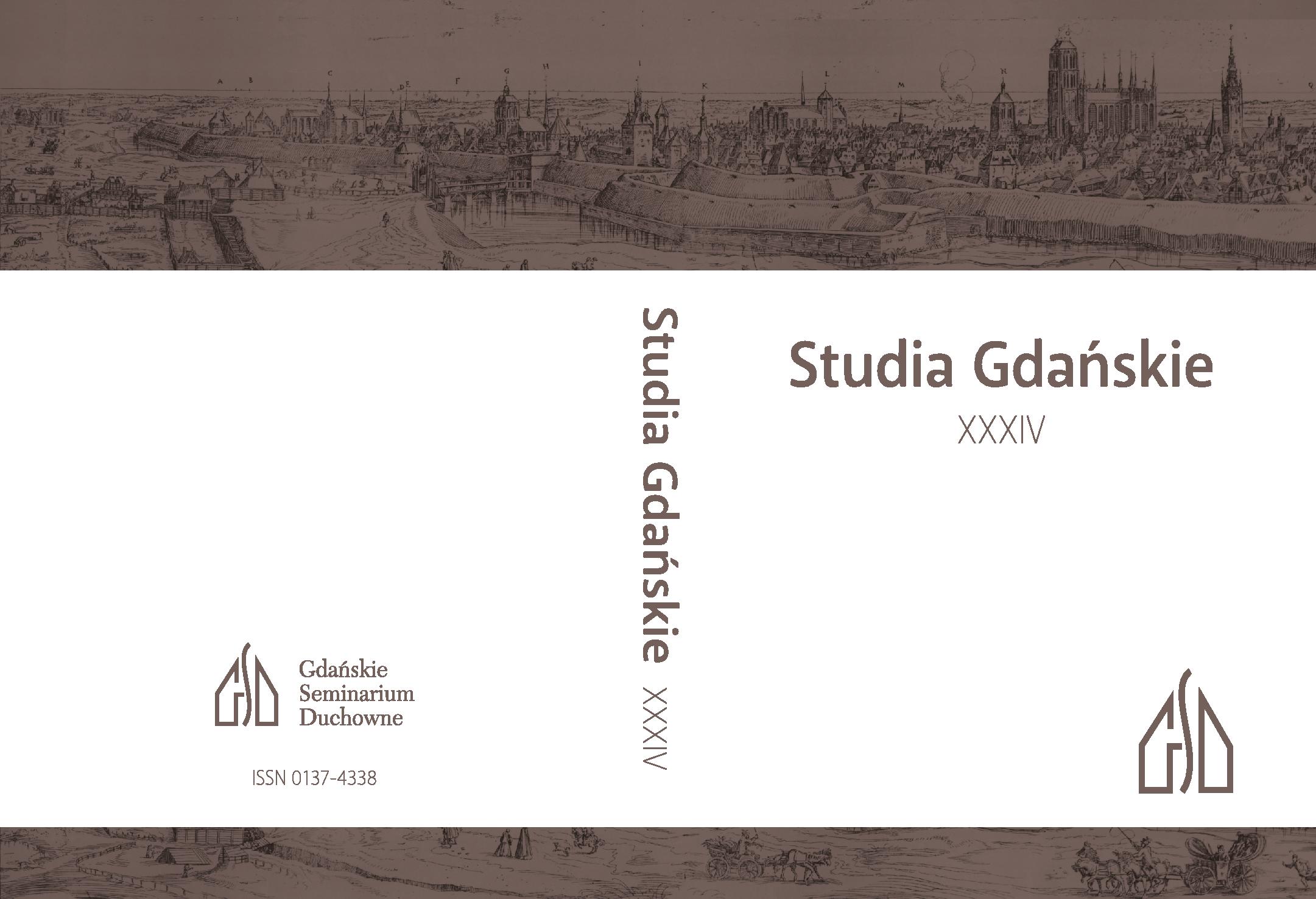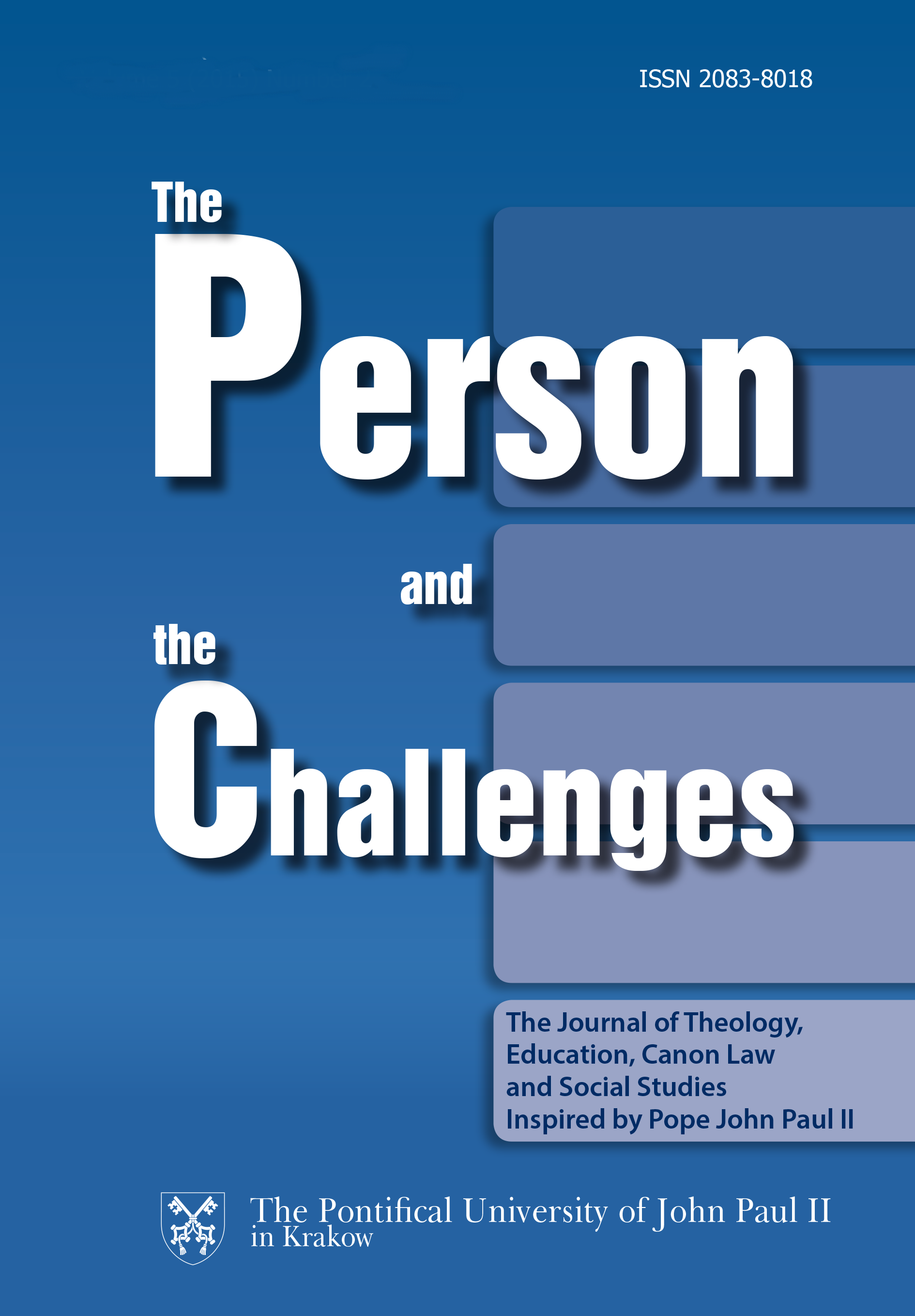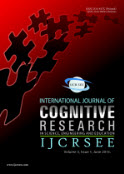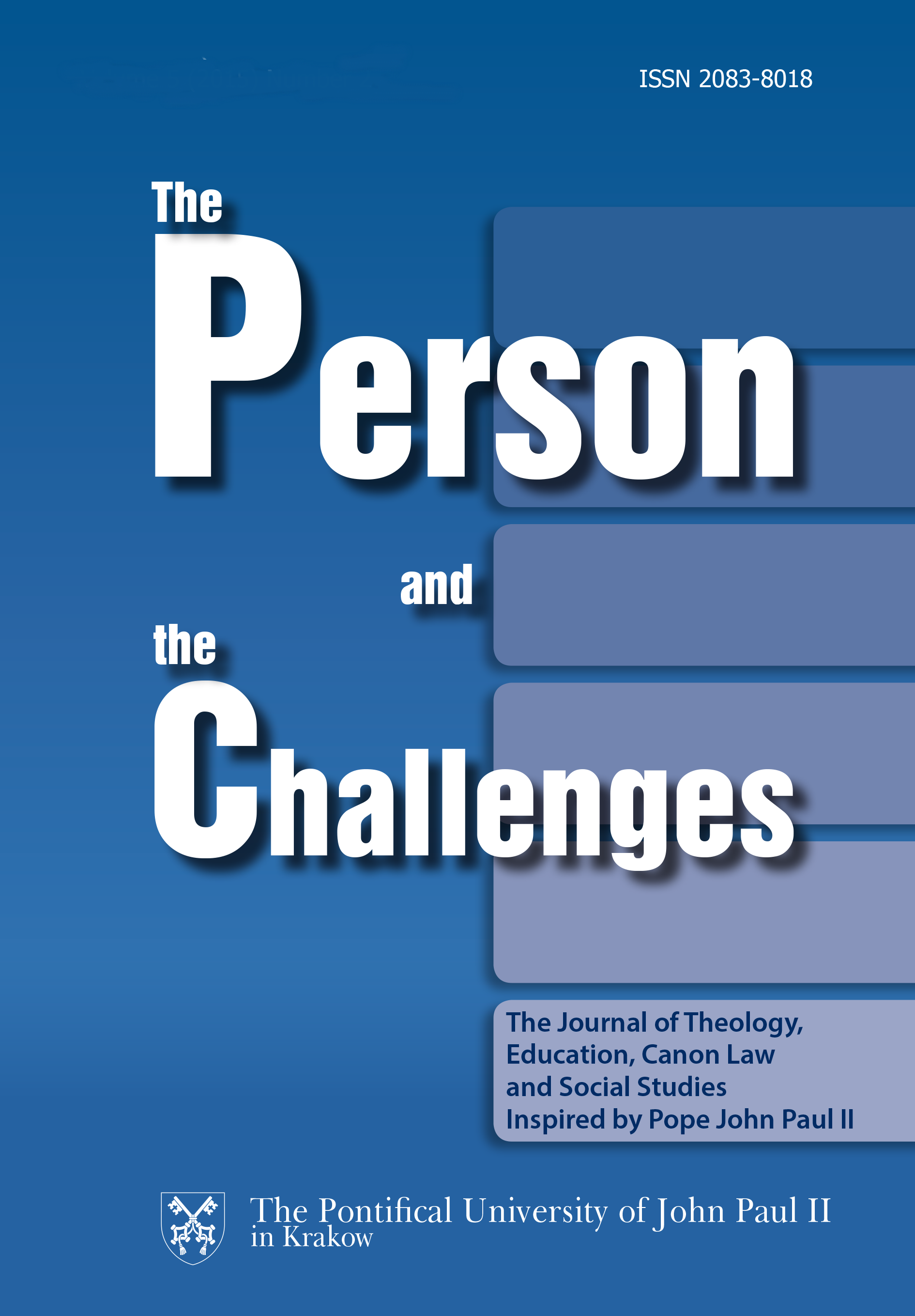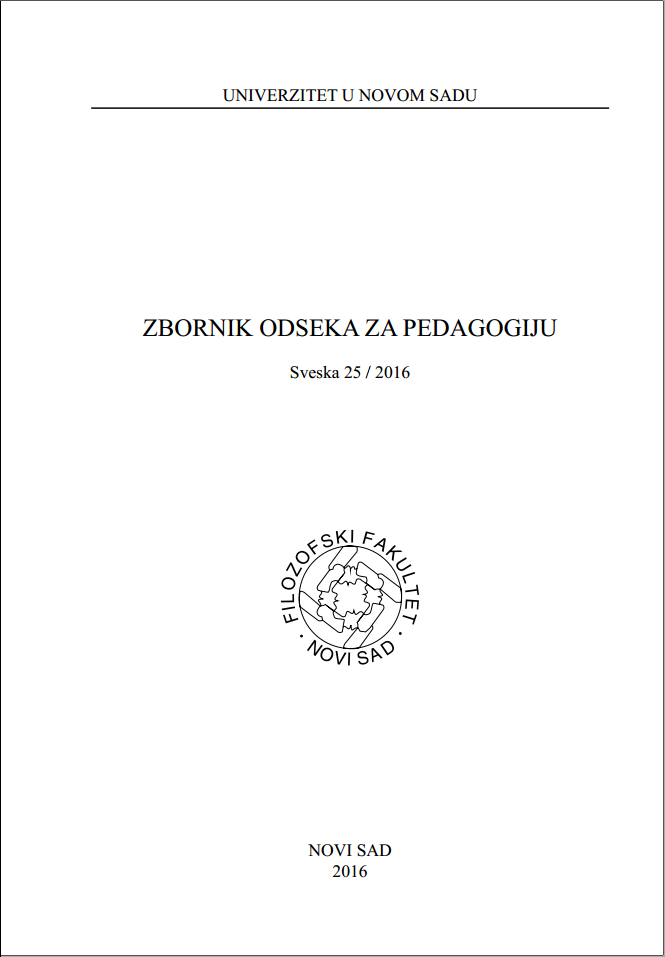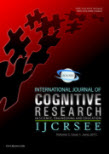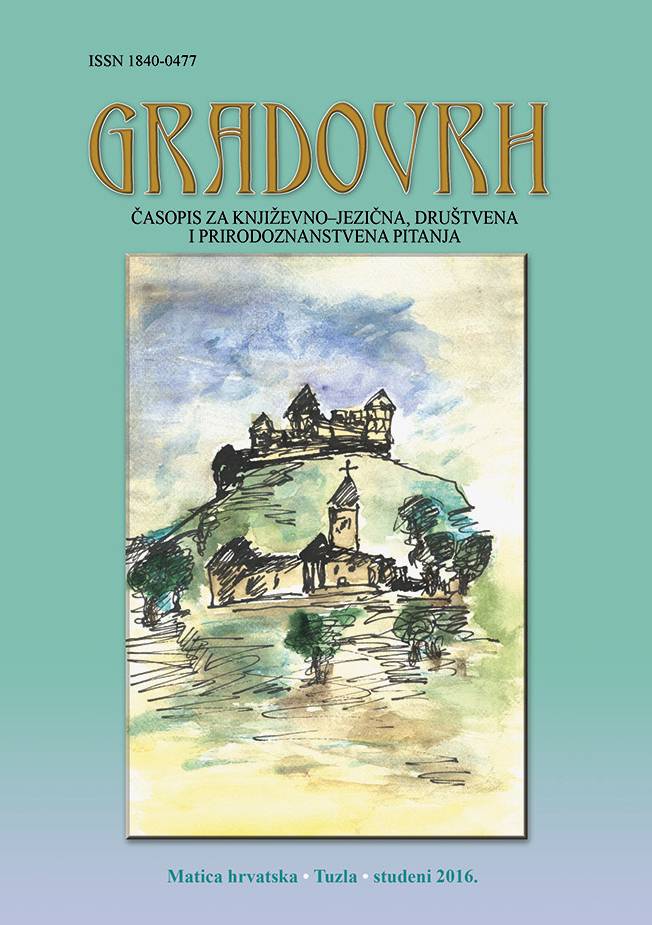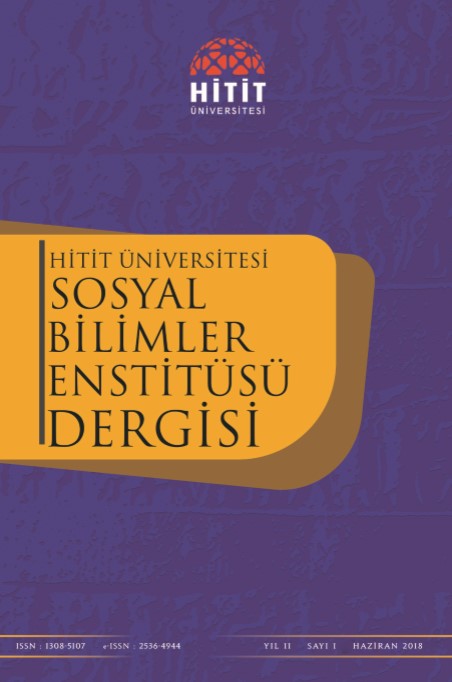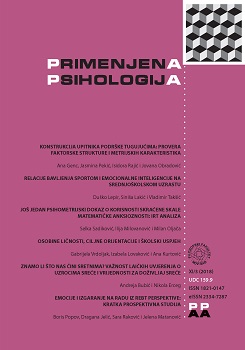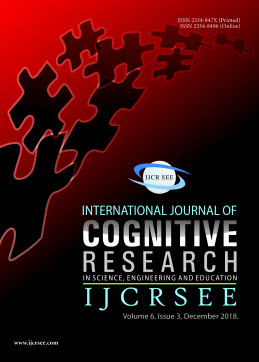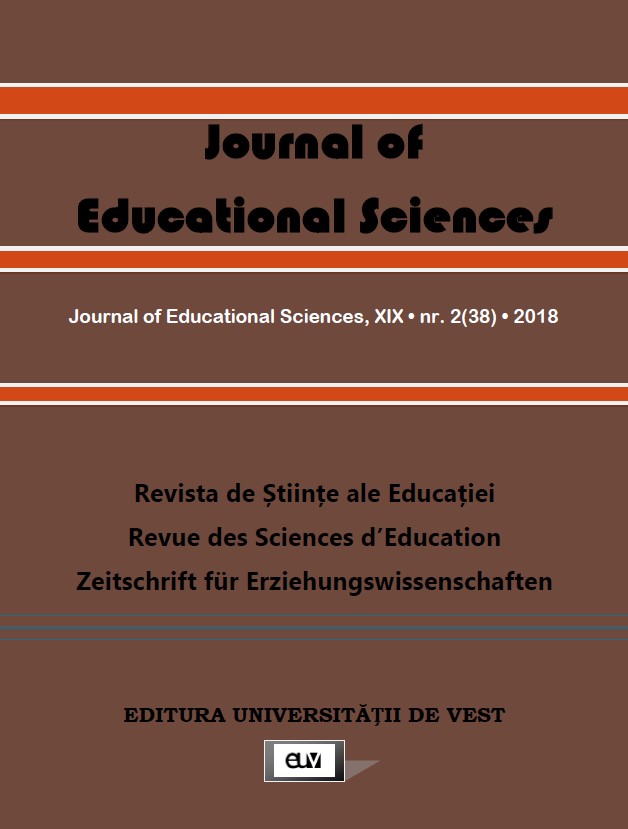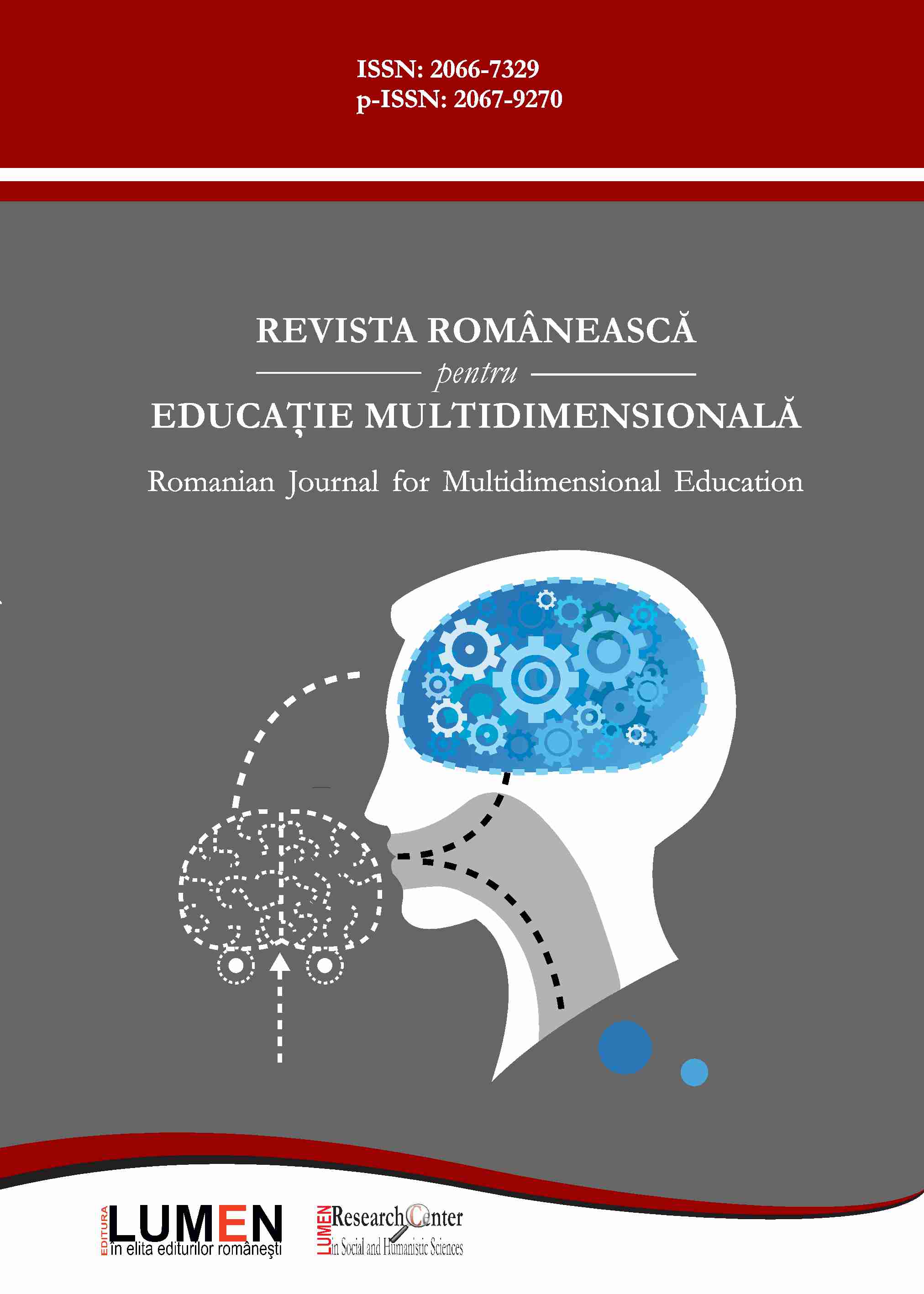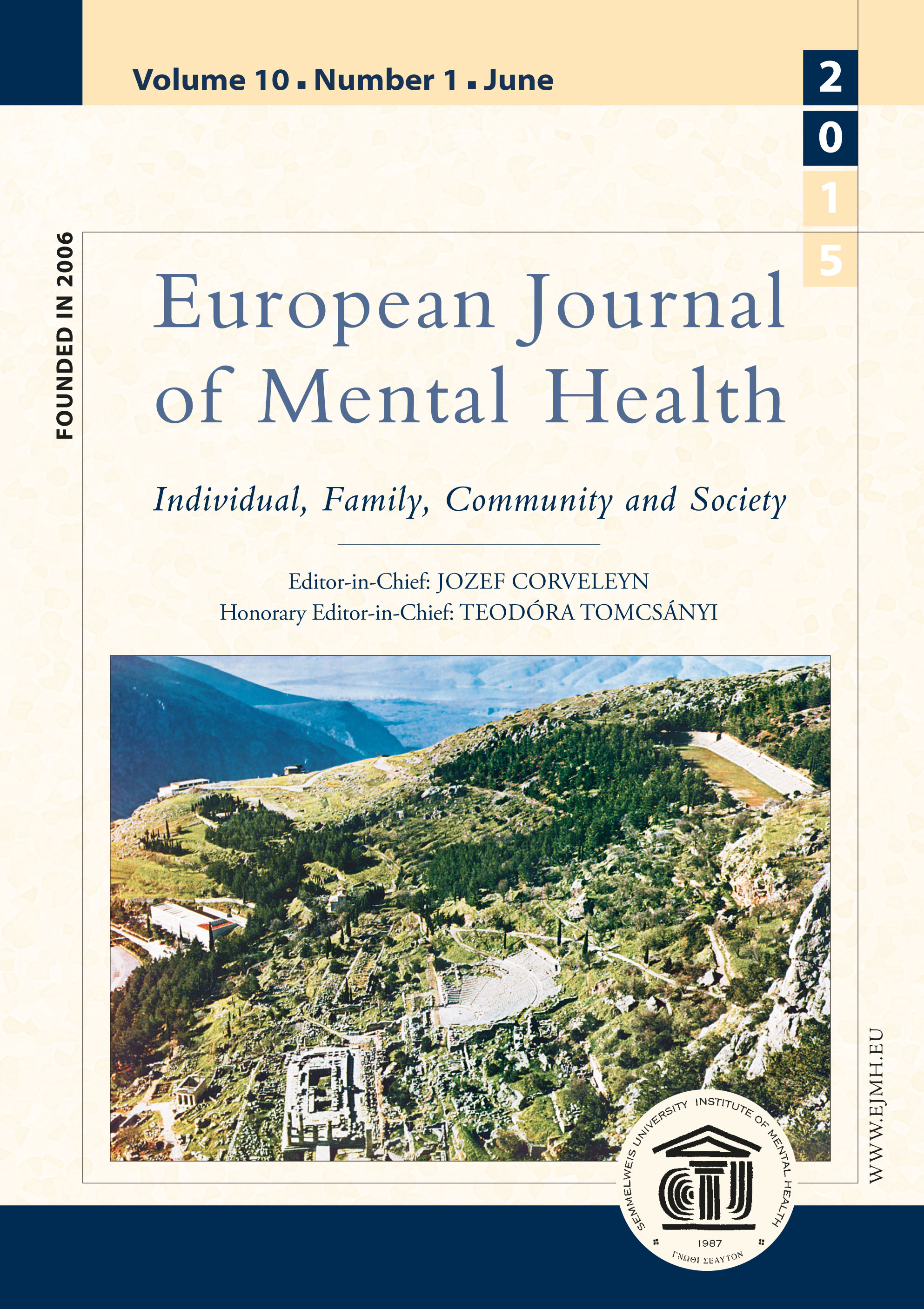
Autonomy Support or Direct Control?
The main goal of the present study was to detect teacher behaviour (as perceived by students) in a sample of Hungarian high school students and to test its possible relationship with certain socio demographic (gender) and school variables (faculty, school year, school achievement) as well as with psychological variables (self-efficacy, aggressive behaviours, and boredom). Using a sample of 385 high school students in Debrecen, a major metropolitan centre in the eastern region of Hungary (ages 15 to 20, 39.2% female), findings supported the claim that students bene fit the most when teachers support their autonomy. Teachers’ autonomy-supportive behaviour was associated with decreased levels of verbal and psychic aggression, and an increased level of self-efficacy. In addition, teachers’ directly controlling behaviour was a predictor of self-efficacy, whereas the supportive but ‘laissez-faire’ behaviour was associated with a higher level of boredom. These findings underline the importance of teachers’ autonomy-supportive behaviour but also emphasise that the role of teacher behaviour may be dependent on the specific context of the cultural and social environment.
More...
